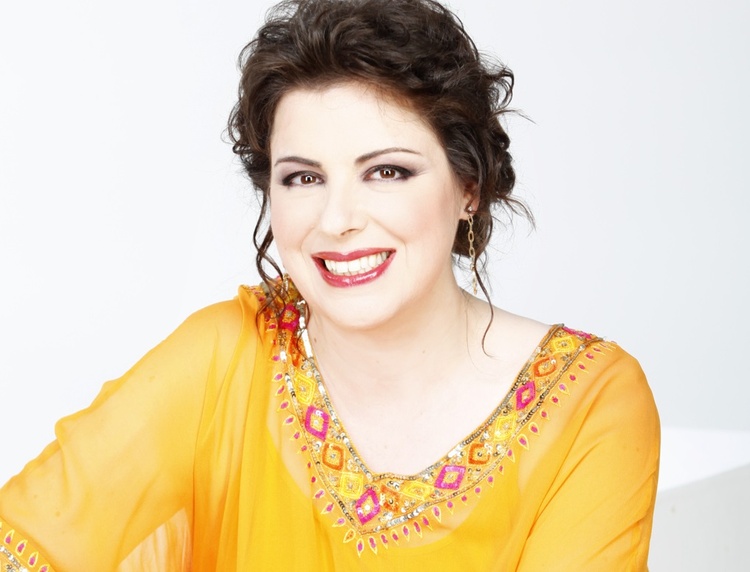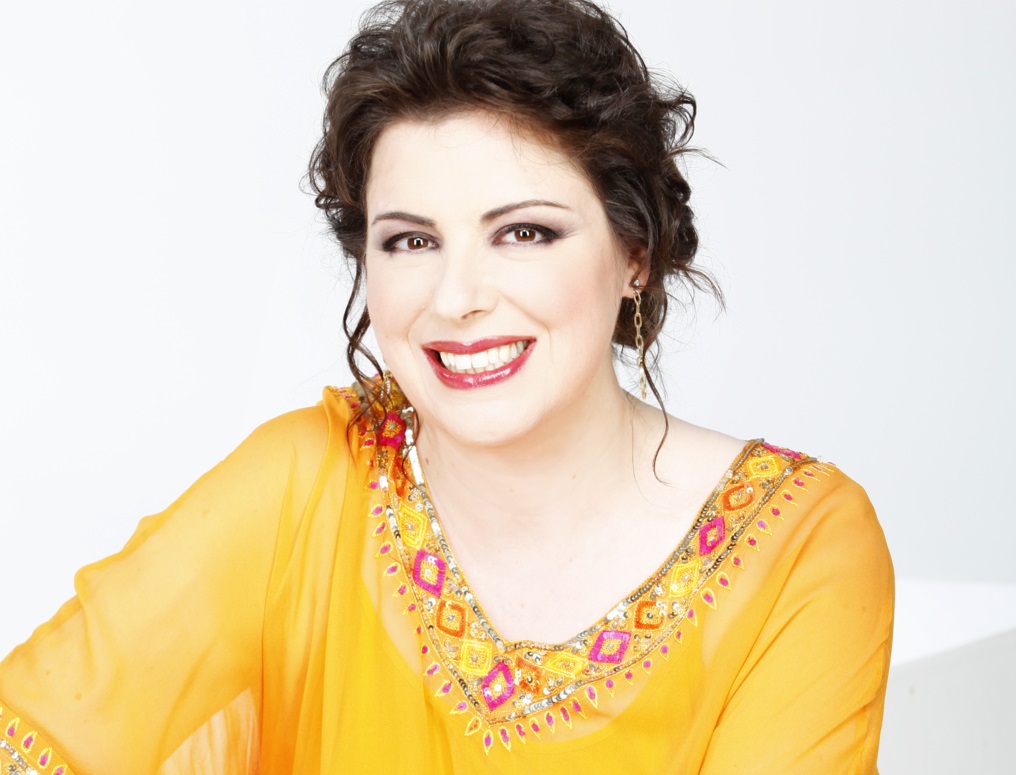These are the words sung by Arsace in Rossini’s captivating opera, Semiramide.
They’re sung in the aria Ebben, a te, ferisci, when the noble warrior Arsace discovers that the Queen of Babylon and the woman he is due to marry, Semiramide, is actually his mother and the one who ordered the murder of his father when he was still a baby.
It’s a haunting duet, in which Arsace is torn by a sense of filial devotion to both his dead father and his long-lost mother.
Semiramide begs Arsace to kill her, but the warrior declares his loyalty to his mother ... though in the end, he kills her in a tragic case of mistaken identity.
Semiramide is a complex and colossal opera, which lasts for more than four hours in its entirety.
The role of Arsace is difficult to play, both when it comes to interpreting his intricate internal battle and working with Rossini’s elaborate writing style.
There’s also one other factor that can’t be left out: the role is always played by a woman, en travesti.
In the concert Heroic Bel Canto, which showed at the Arts Centre Melbourne last Sunday, Arsace was played by award-winning mezzo-soprano, Daniela Barcellona, from Italy.
Trieste-born Barcellona sang opposite Australian soprano Jessica Pratt, who played the role of Semiramide, and Colombian tenor Carlos E. Barcenas.
Heroic Bel Canto didn’t just showcase arias from Semiramide: it also featured a wide range of examples of bel canto from operatic masterpieces by Rossini, Bellini and Donizetti – the three composers who made this technique fashionable in Italy in the late-16th century.
Barcellona described bel canto as “a purely aesthetic song”.
“Everything is focused on the beauty of the voice,” she added.
“Verismo is a different time of expressivity, in which emotions are laid bare and raw on stage.
“Therefore, we move from a certain containment to a full manifestation of the [human] passions.
“From an educational perspective, everything starts with bel canto, and those with this type of training have a greater ability to express emotions and substantiate words.”
Barcellona’s training was rigorous, to say the least.
The talented singer recounted how her career has been a battle.
“At least we always battle together,” she said, referring to her husband Alessandro Vitiello, who is also her only voice coach.
“It’s hard to enter into the world of opera.
“In the beginning, my husband and I had to invest all our savings, with the help of our families, to be able to travel and gain experience on the stage.
“They were very tough times.”
The turning point came in 1999, when Barcellona scored the role of Tancredi in the homonymous opera by Rossini, which marked her first time performing en travesti.
Since then, the opera star has played many male characters.
“I’ve had to learn to perceive and interpret the physicality of a male,” she explained.
“Years of studying dance certainly didn’t help me: I had a tendency to flutter around on stage a little too much!
“The choreographer Leda Lojodice helped me a lot, placing weights on my feet to make me feel like I had the physique of a man, planted more downwards.
“There’s also the vocal aspect which has to be executed in a masculine way.”
The tradition of en travesti roles was very common in the baroque and classical eras, in the 1600s and 1700s.
It was popular because women were banned from performing on stage and also for purely aesthetic reasons.
The performers of positive heroes had to have high voices to allude to the heavens and purity, while low masculine voices represented the underworld.
Rossini’s characters were rarely played by castrati singers because the composer, on the one hand, found the female voice more expressive, and, on the other, enjoyed playing around with the ambiguity of having a man singing as a woman.
In Heroic Bel Canto, Daniela Barcellona also played another role en travesti, that of the pageboy Isolier in Rossini’s comic opera, Le Comte Ory.
The opera is about a libertine count who uses various disguises in an attempt to win the heart of the beautiful countess Adele, who is locked in a castle while the lords and men of Formoutiers are away on a crusade.
Daniela also played two female roles on the evening, performing two arias from Rossini’s The Italian Girl in Algiers, and O mon Fernand, from Donizetti’s La Favorite.
The concert was conducted by artistic director of Victorian Opera, Richard Mills AM.
Barcellona wowed audiences and showed Melbourne why she’s one of the biggest names in opera at the moment – something she has always strived for.
“I have achieved everything I wished for and more,” she concluded.
“My only dream now is to continue doing this job ... and that opera lives on.”












